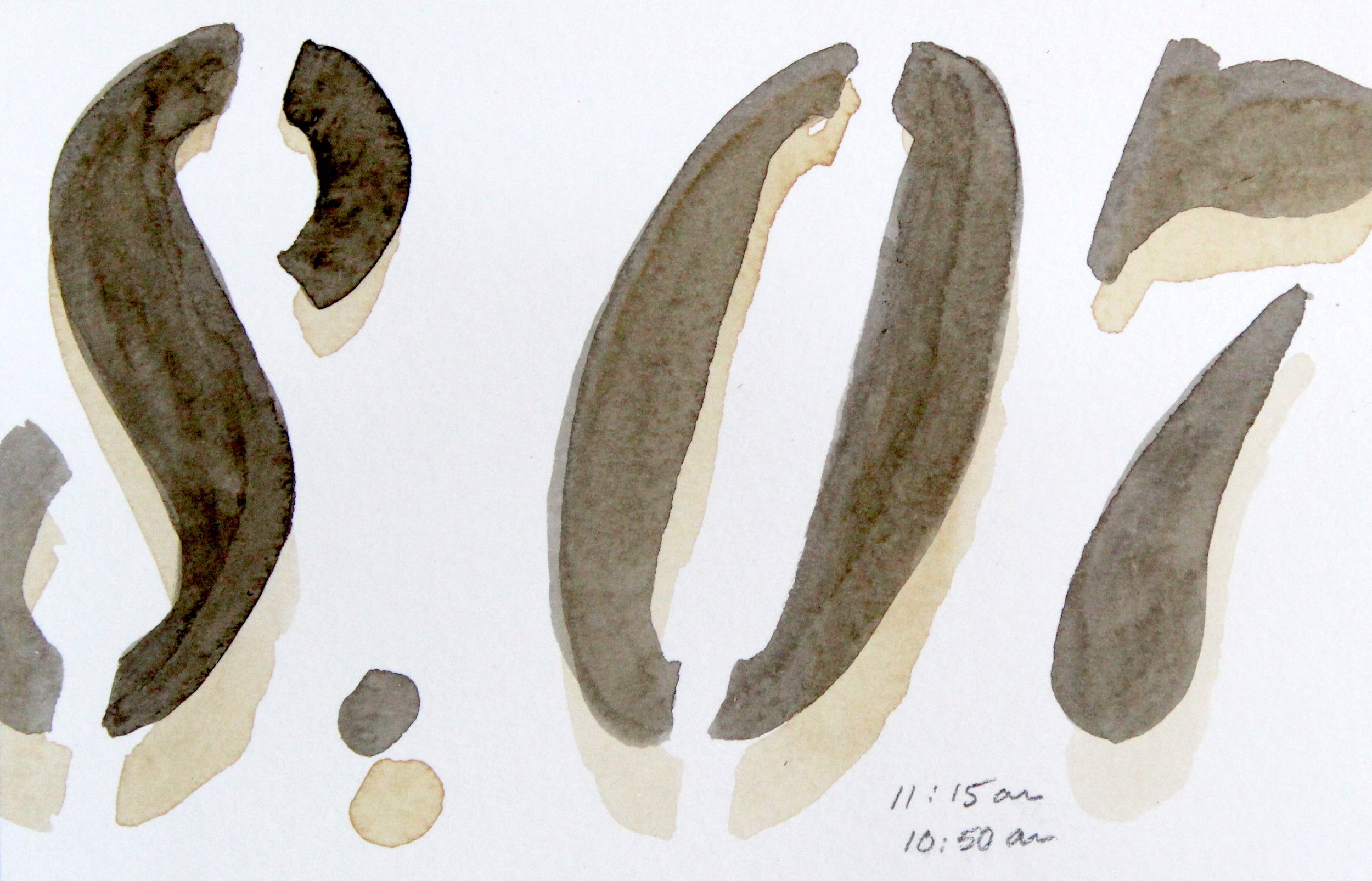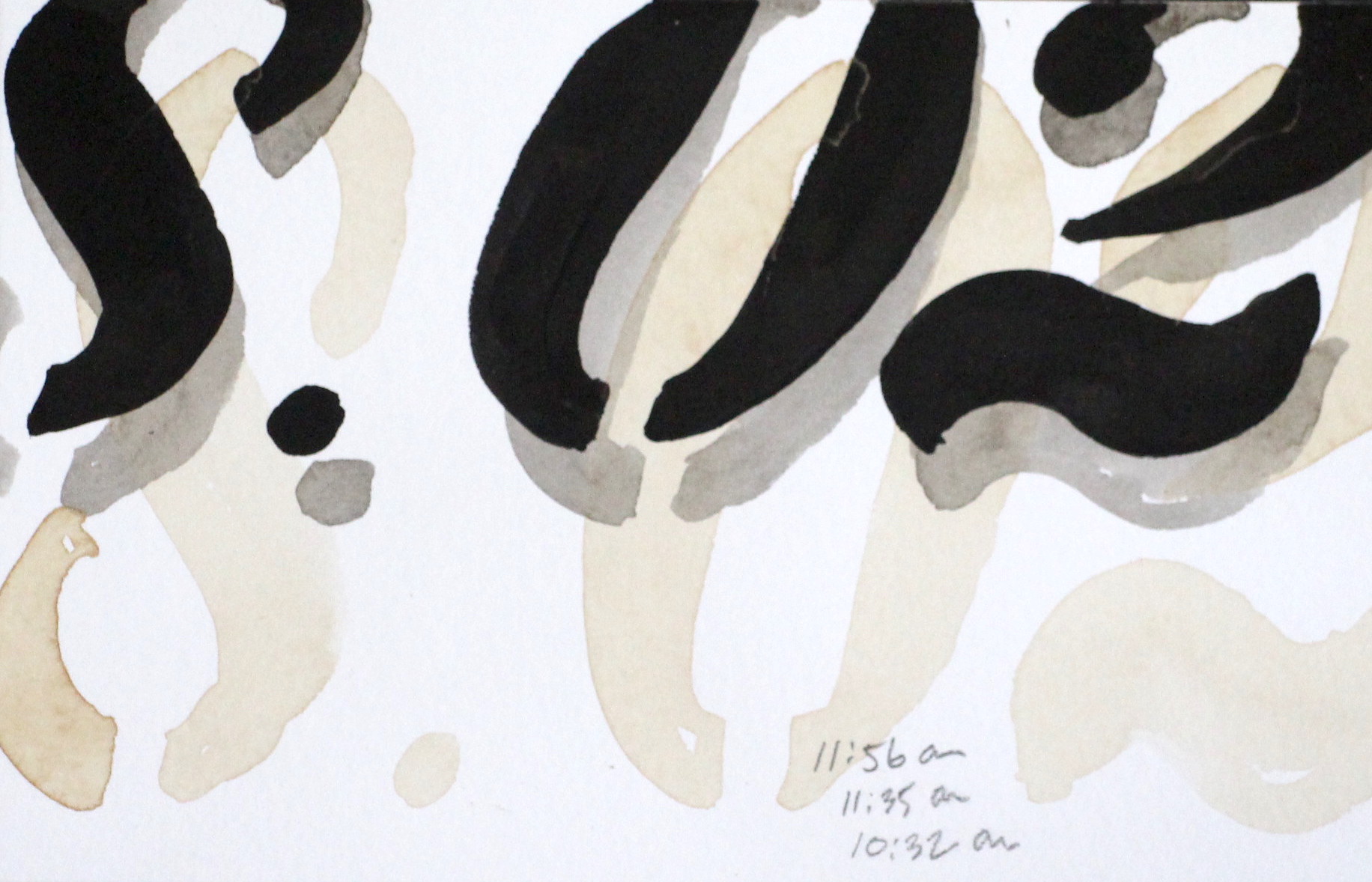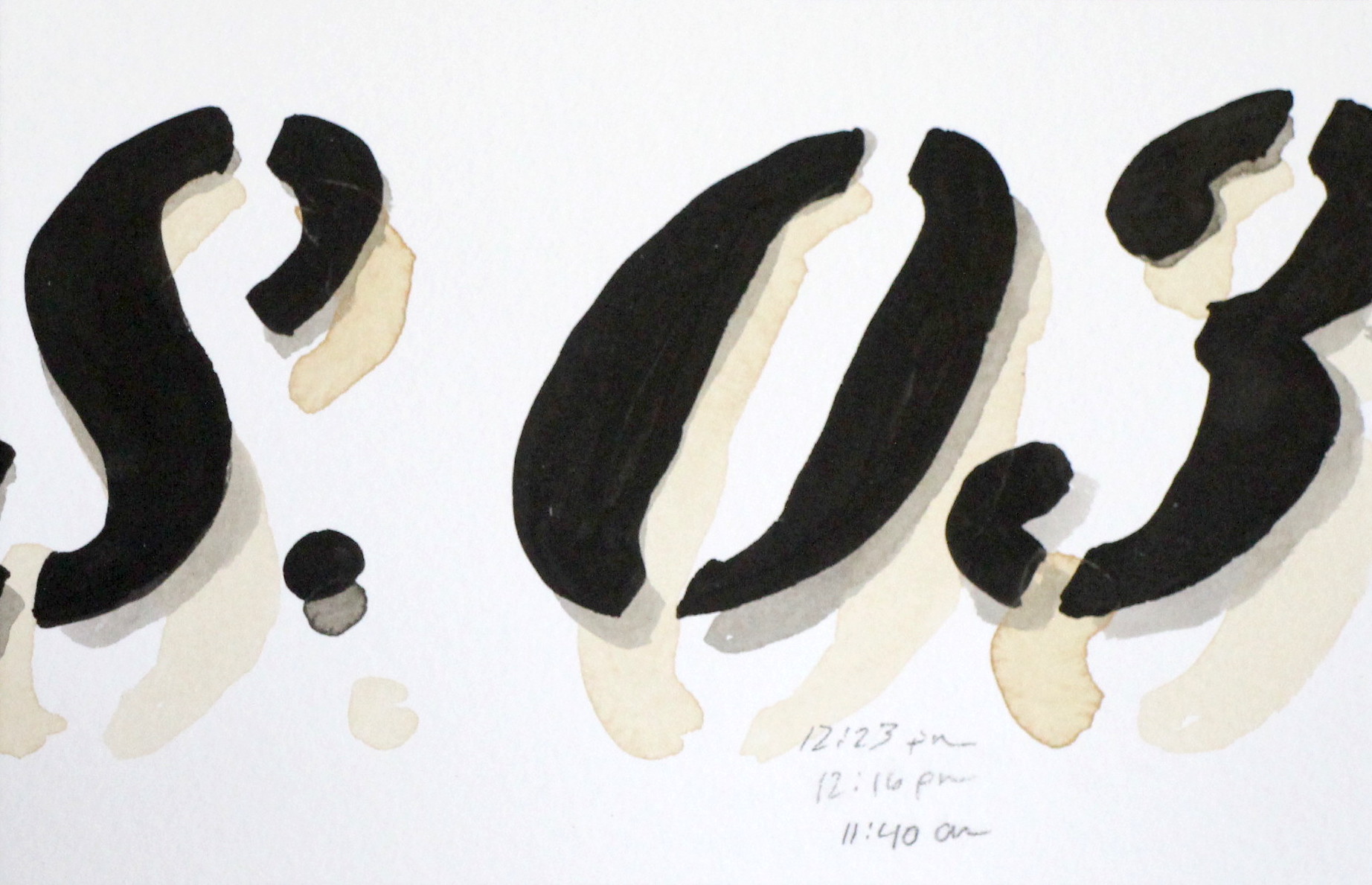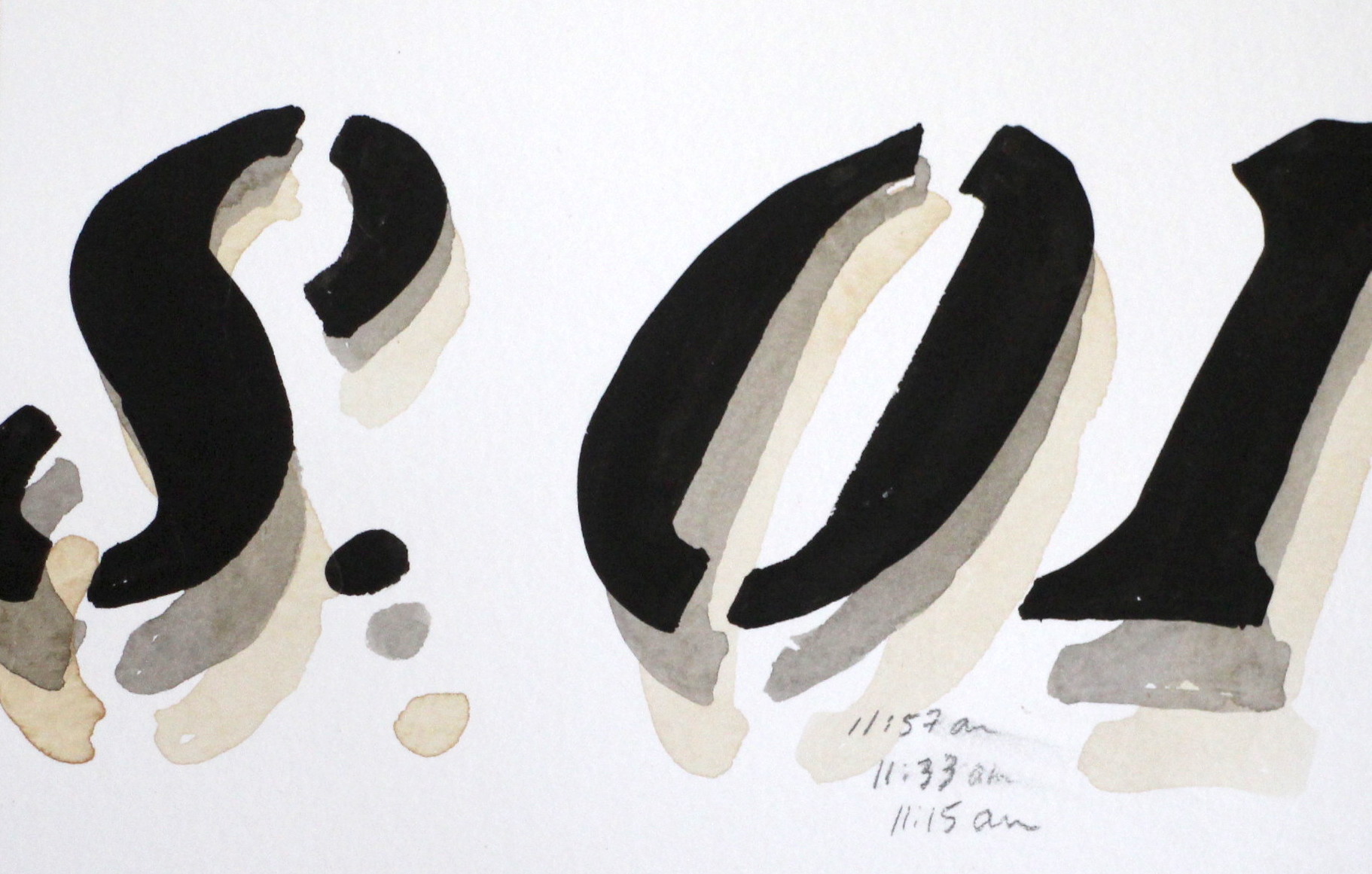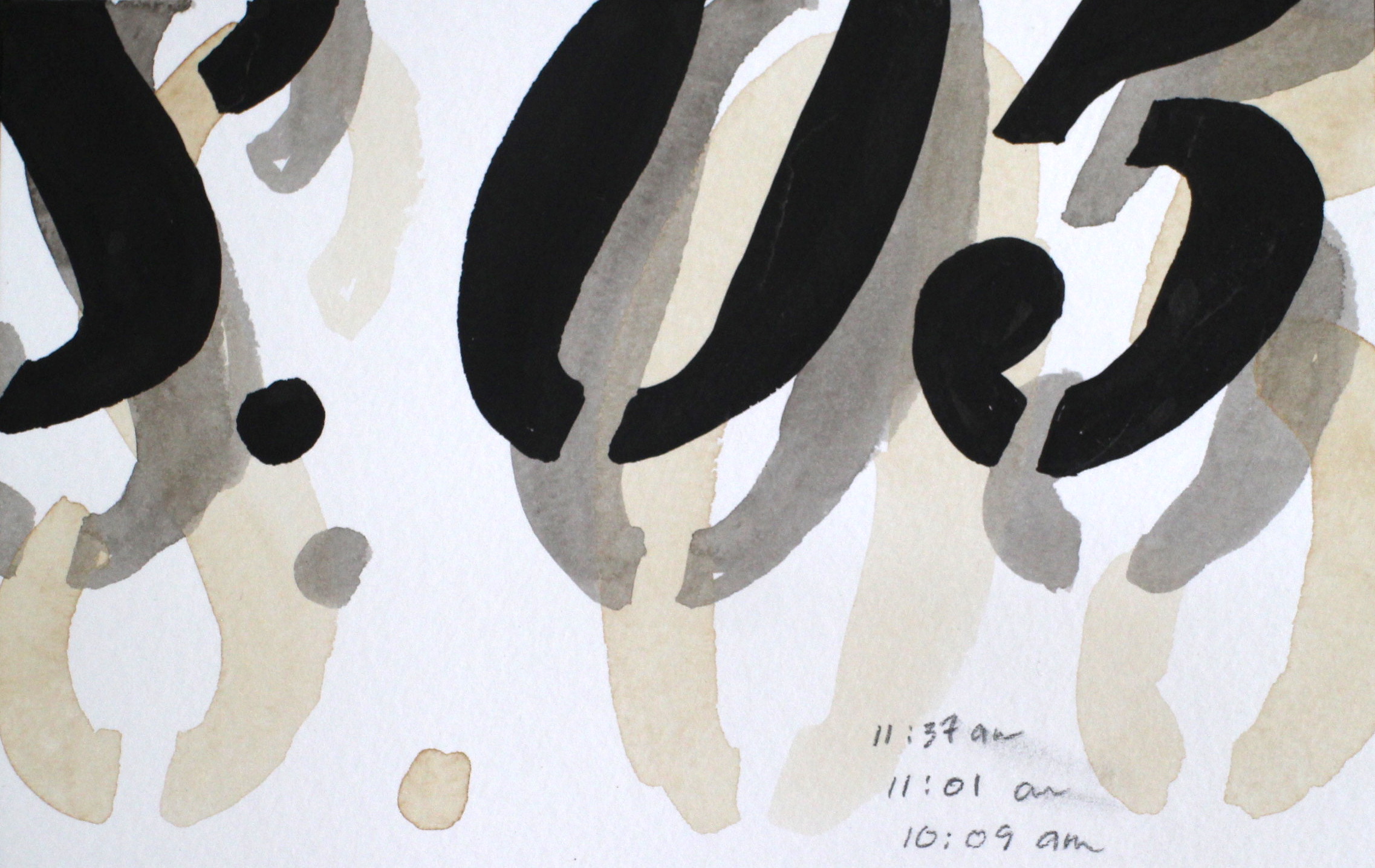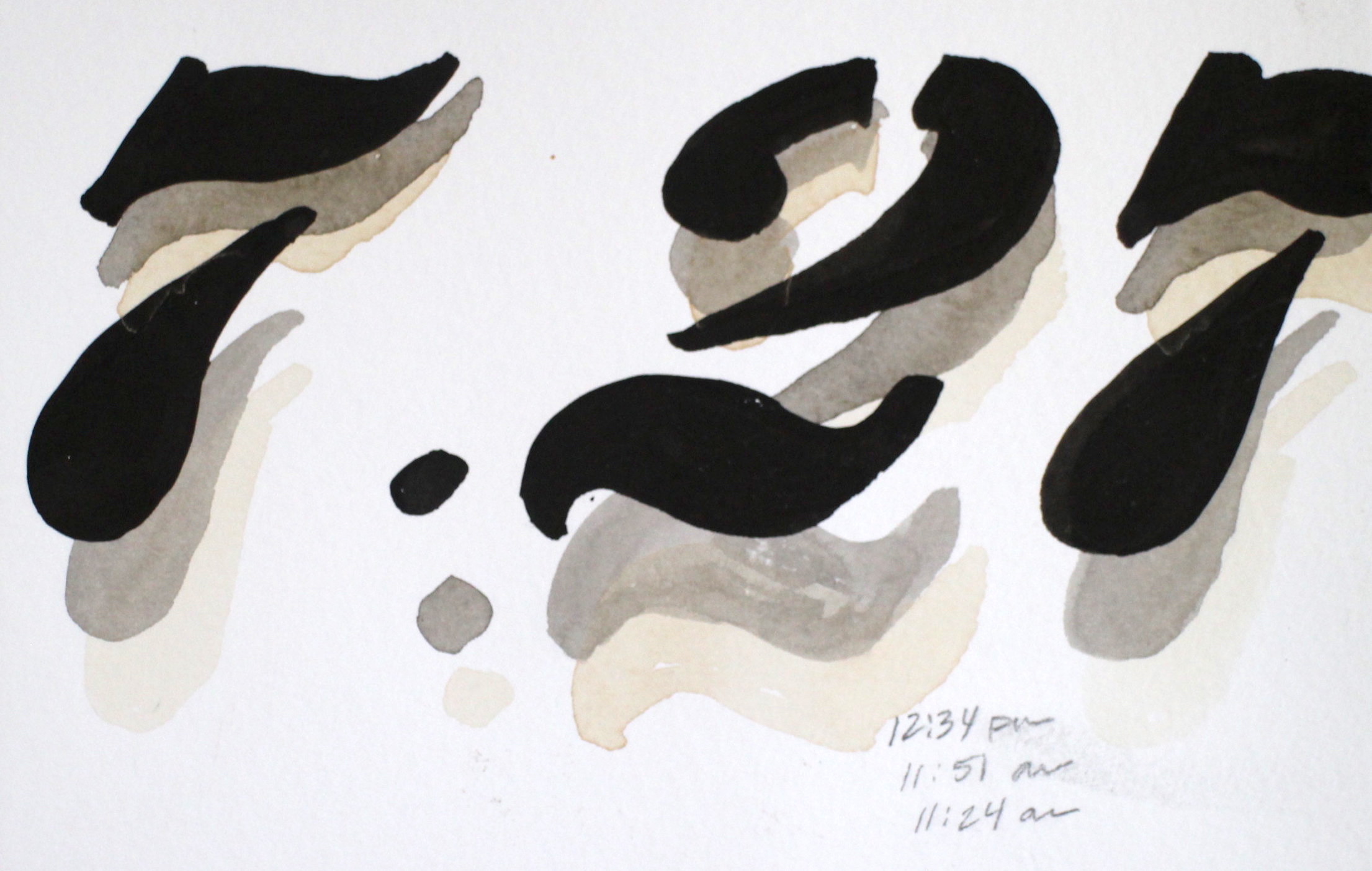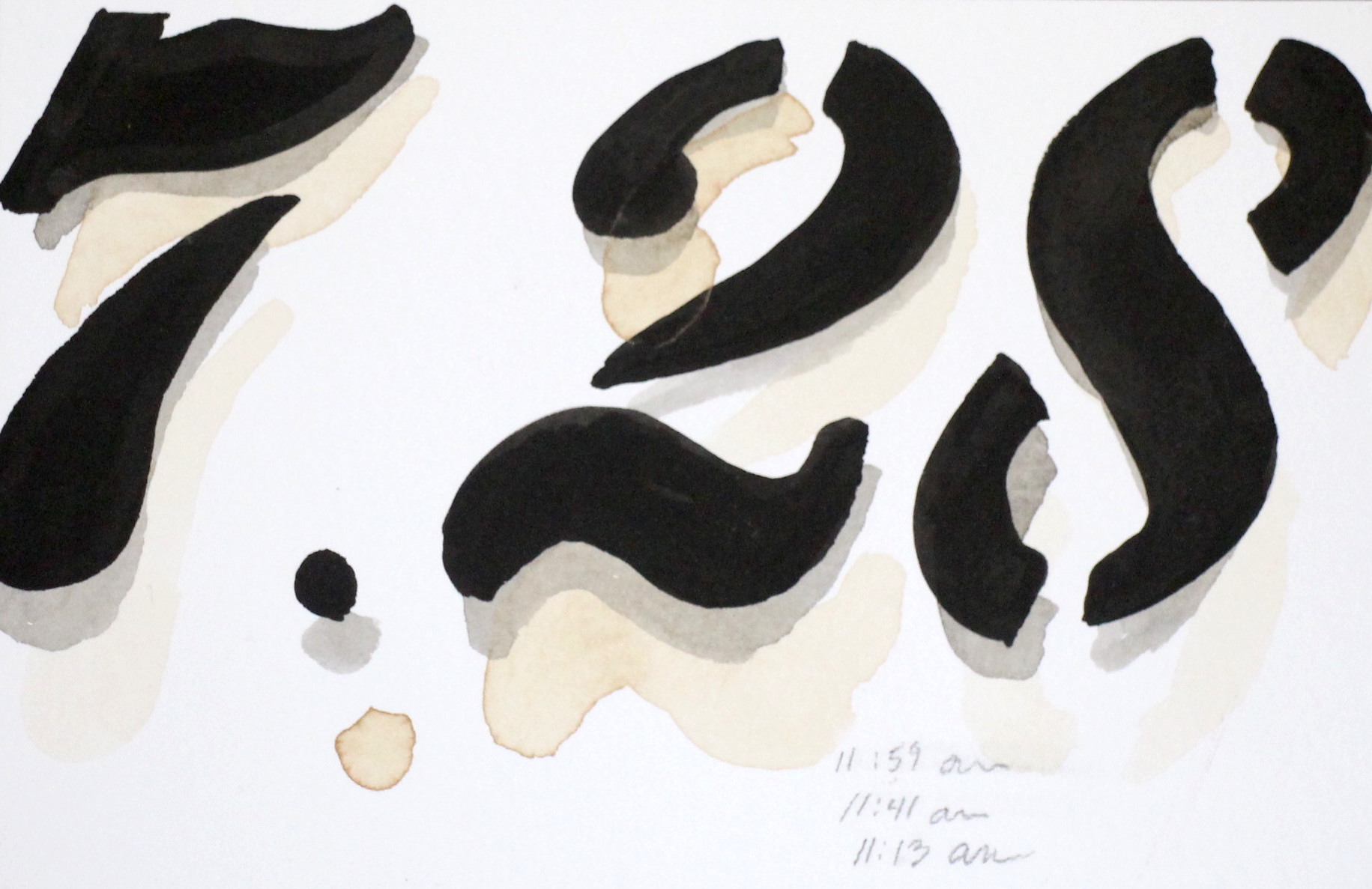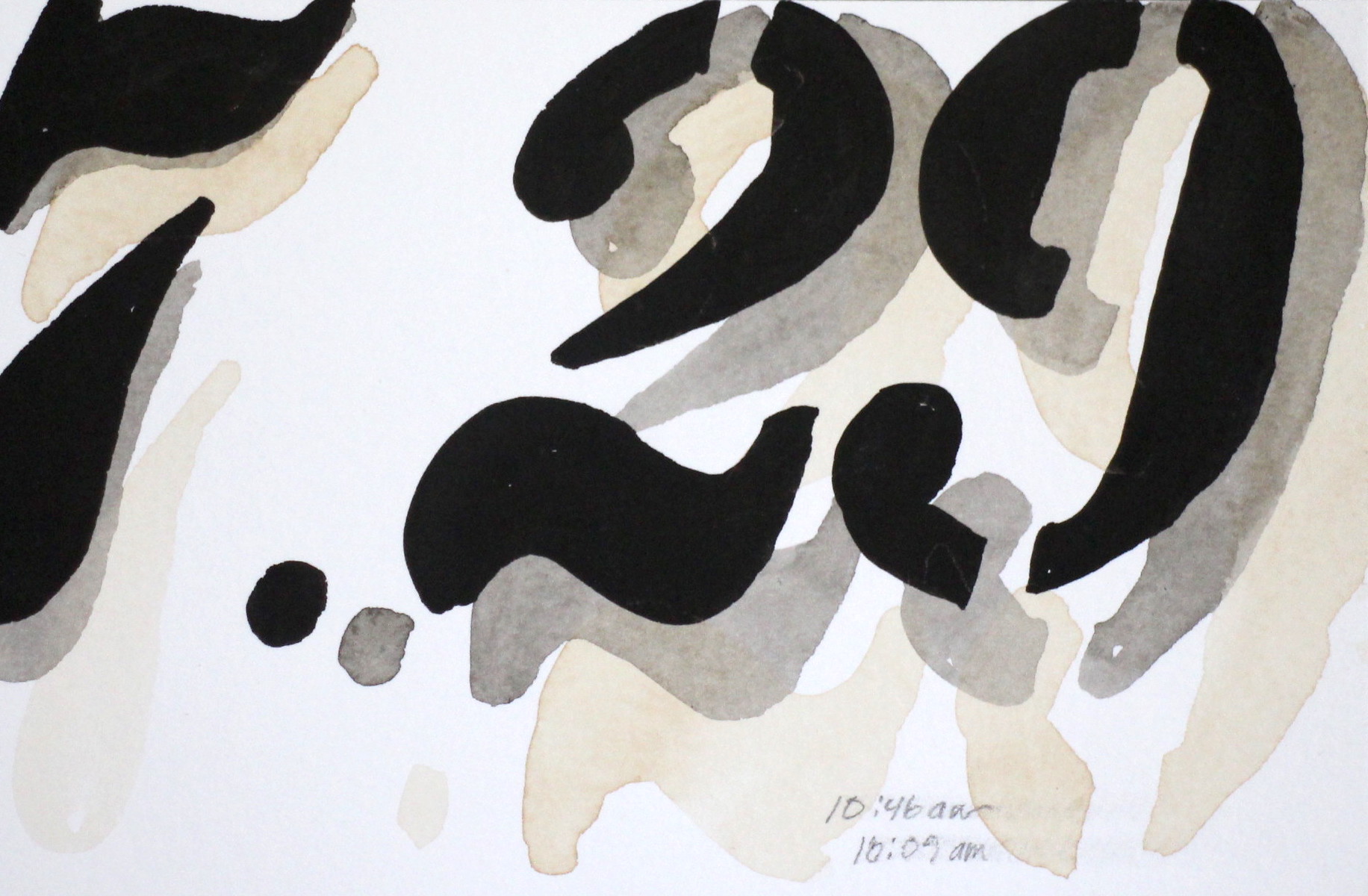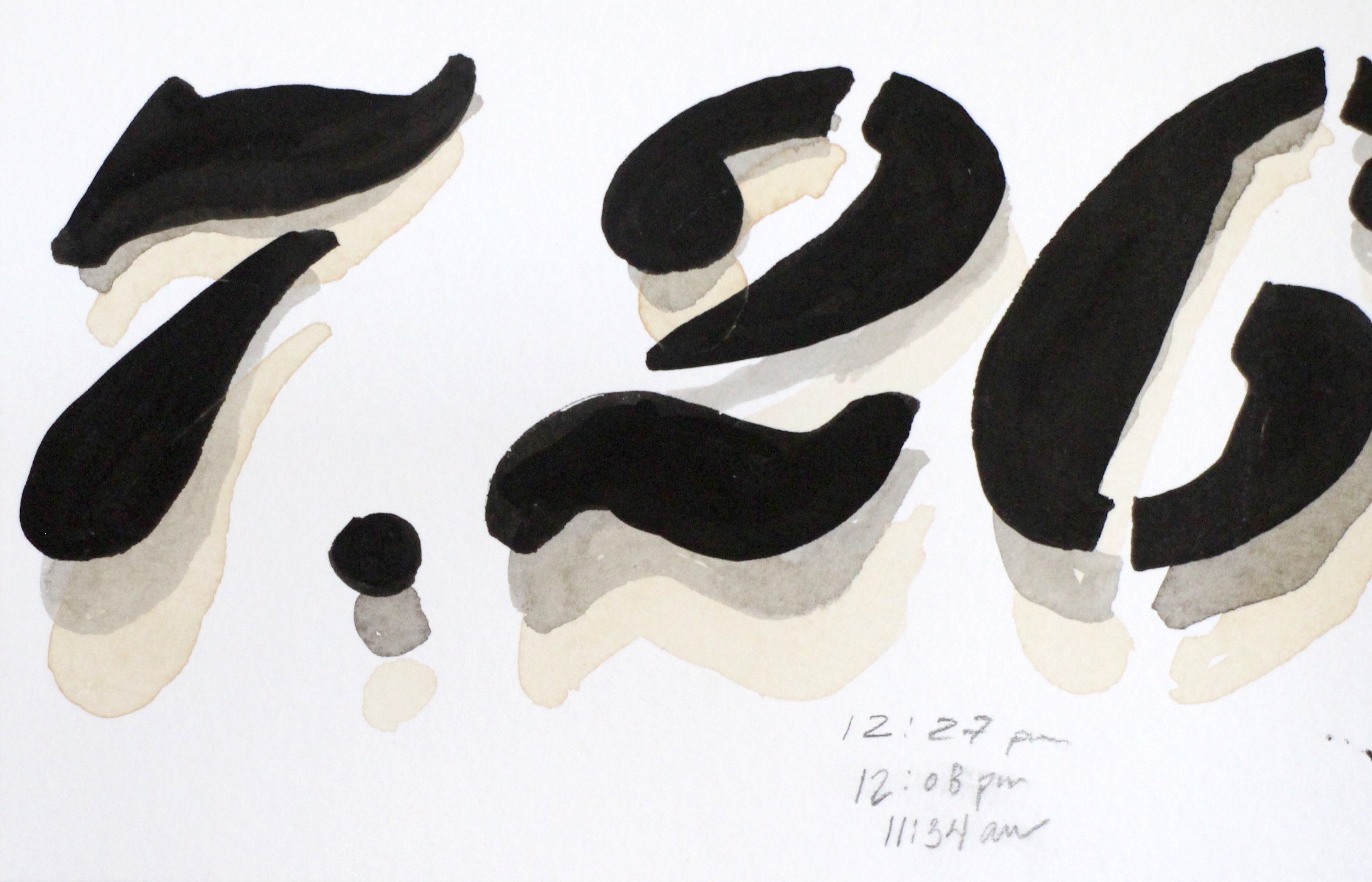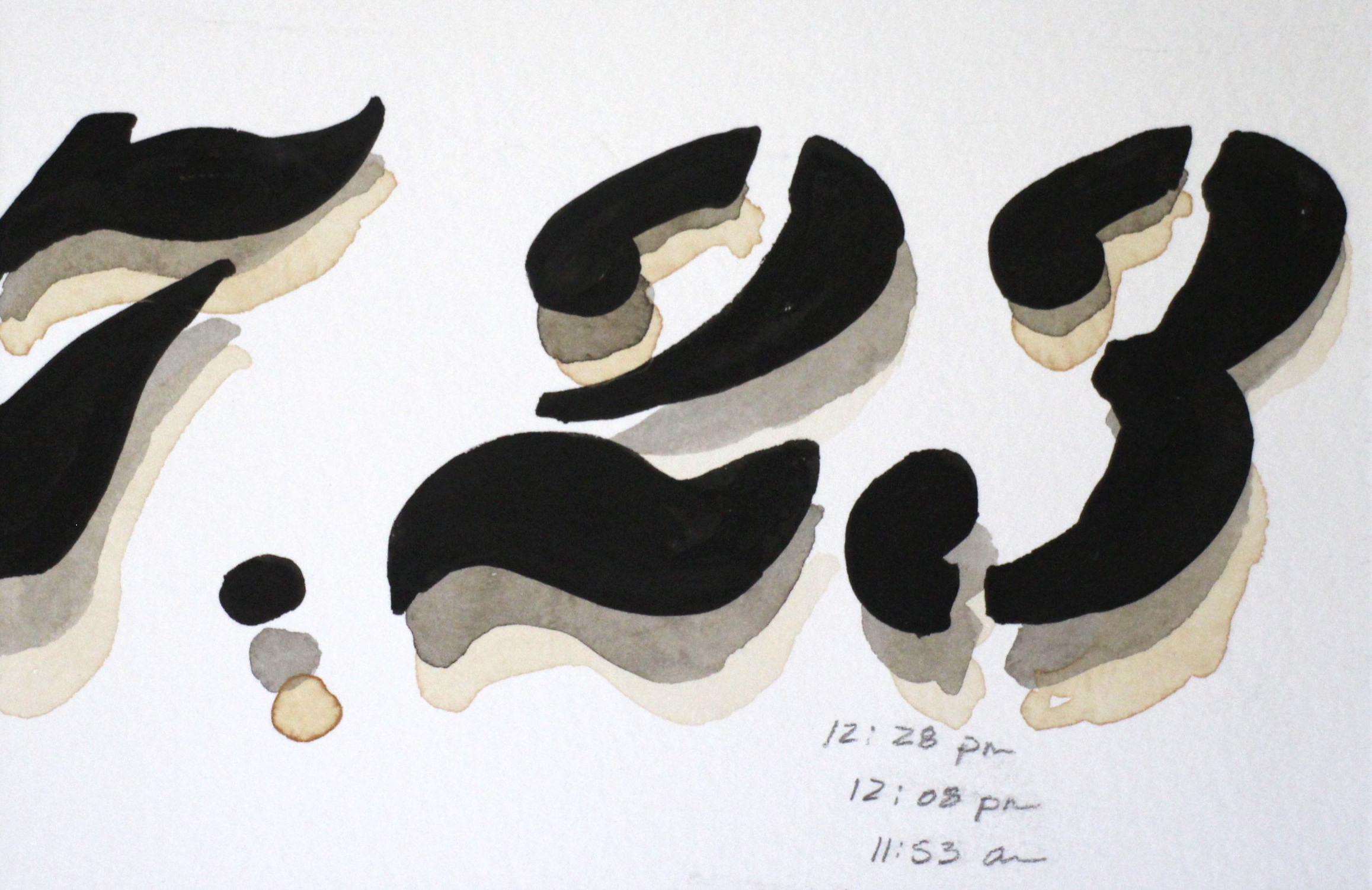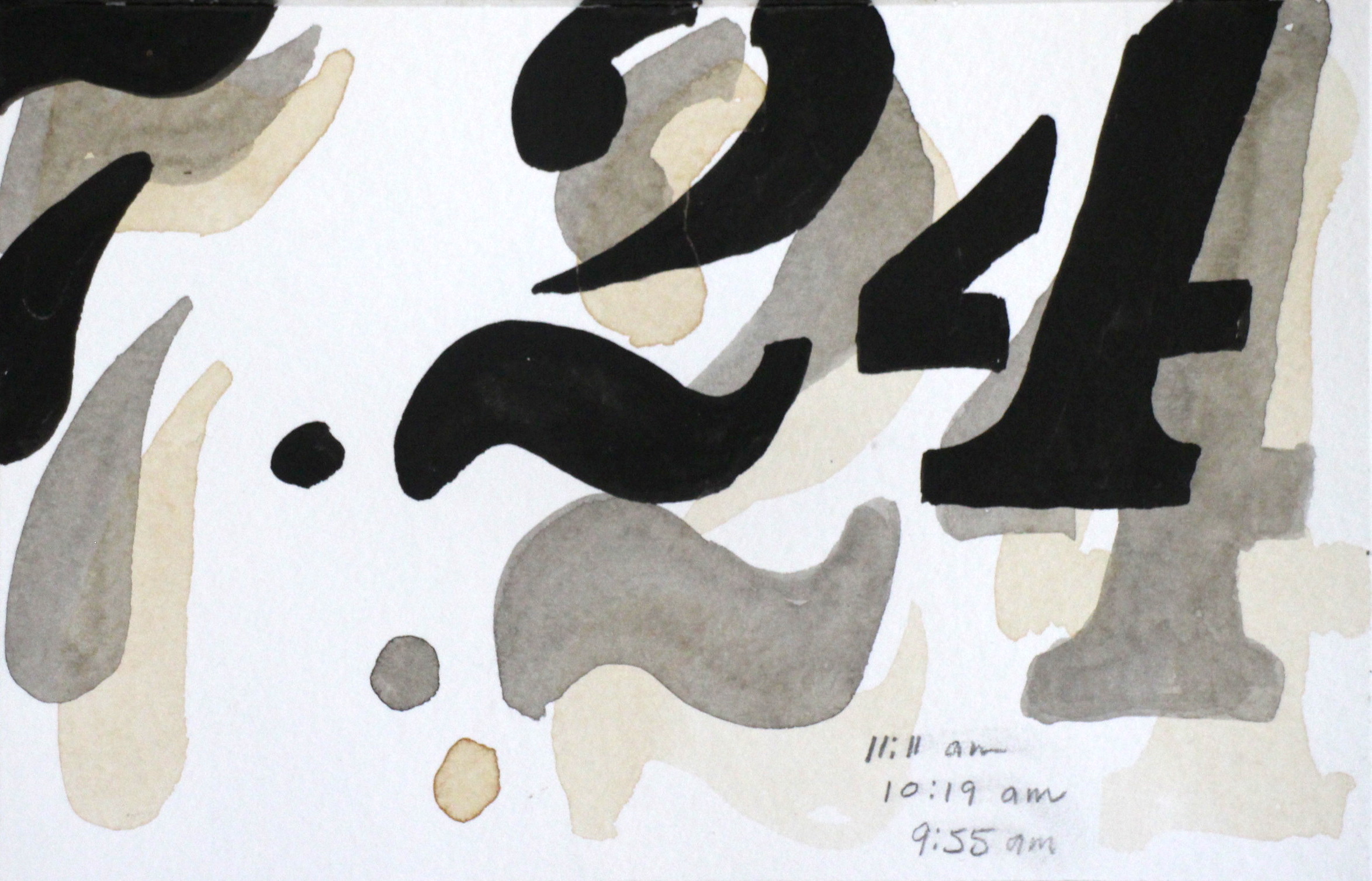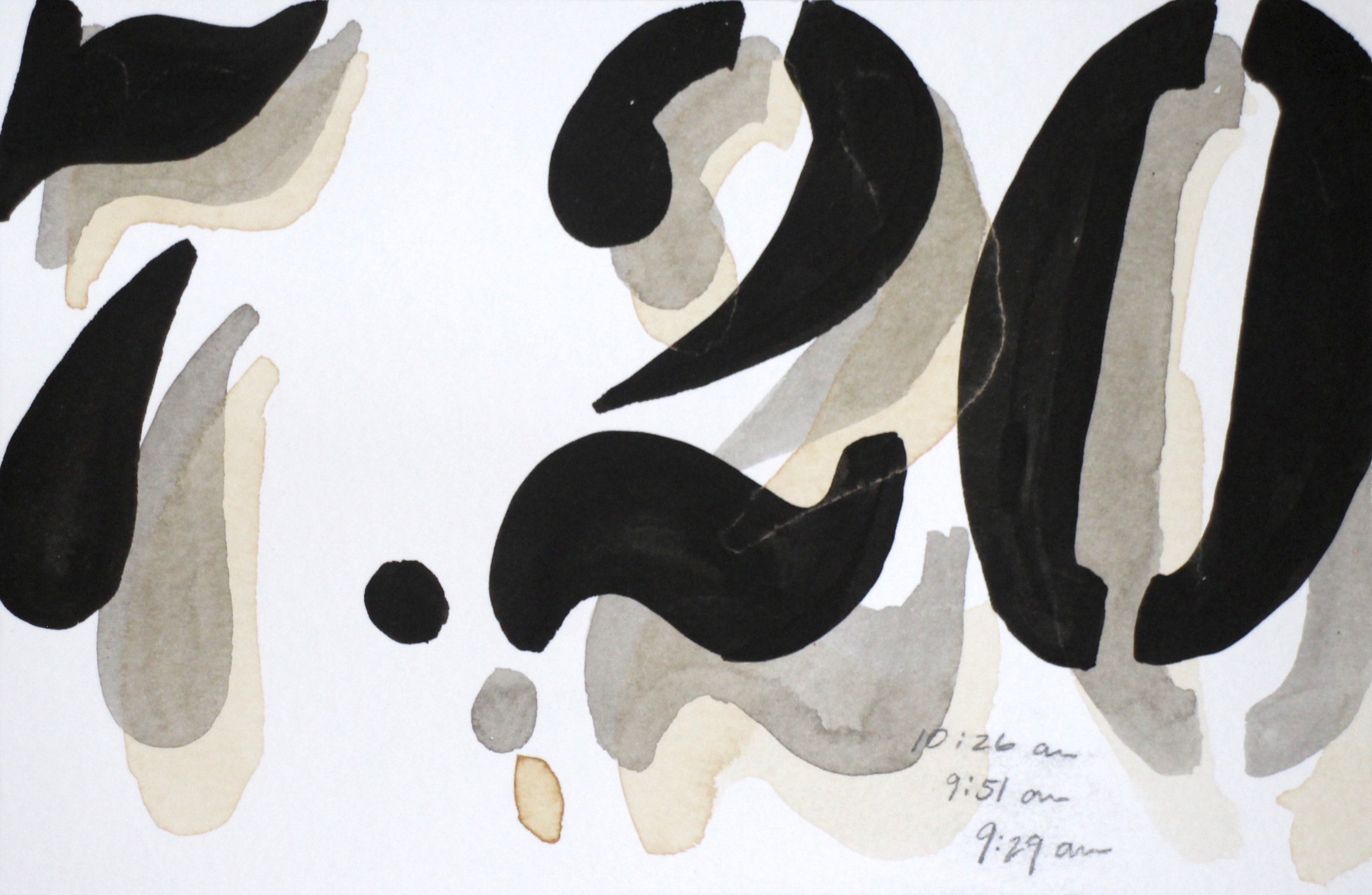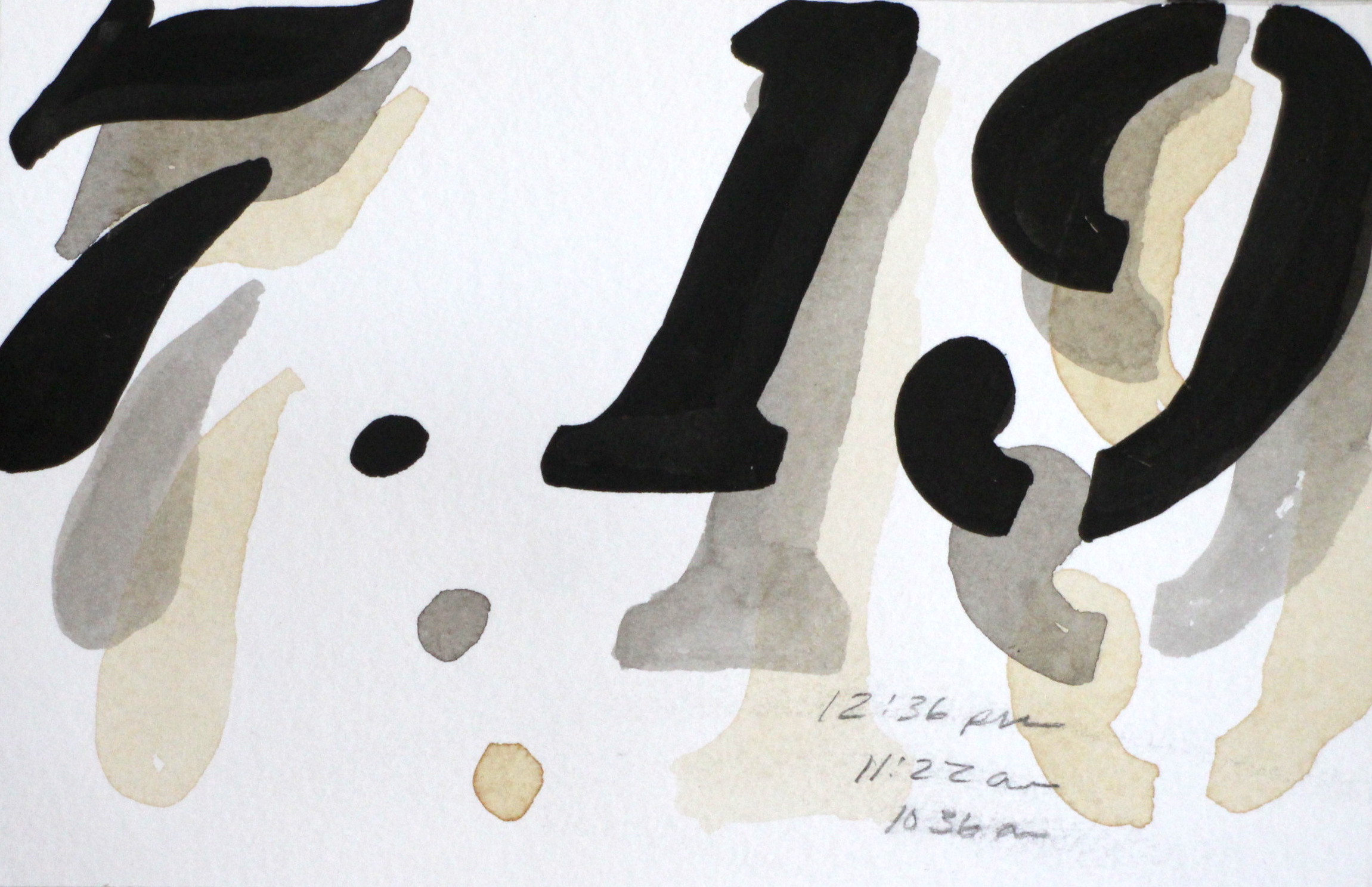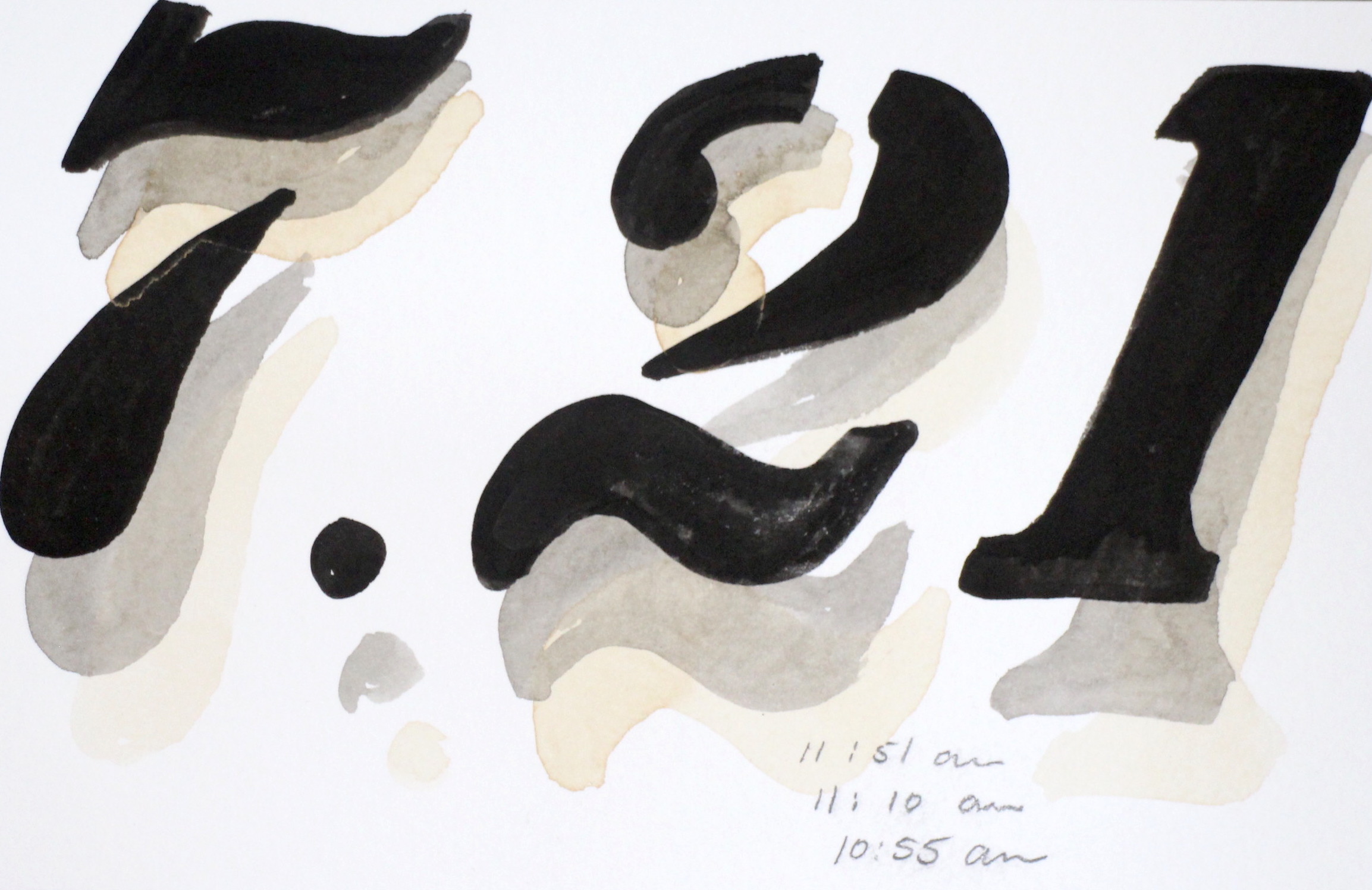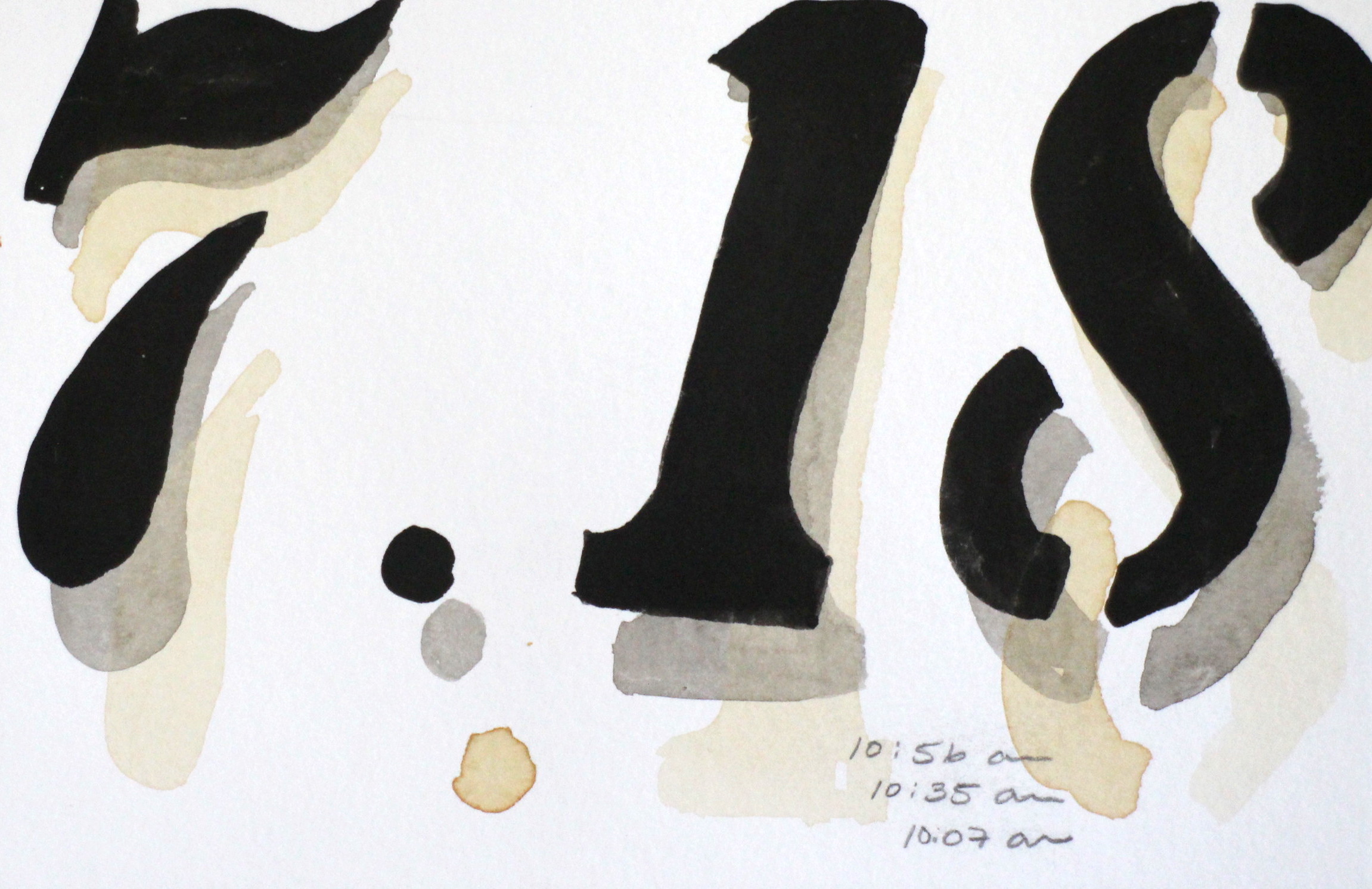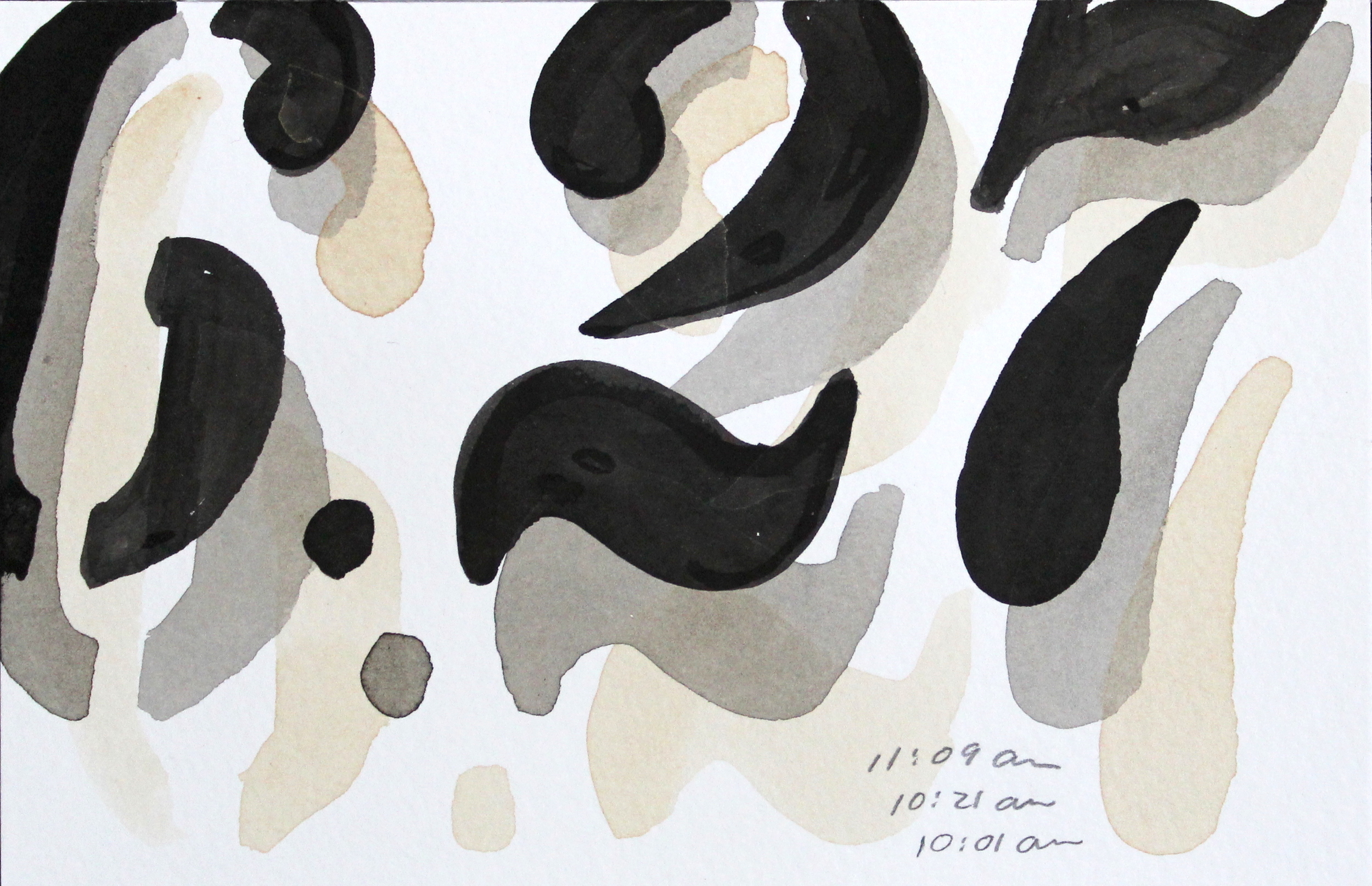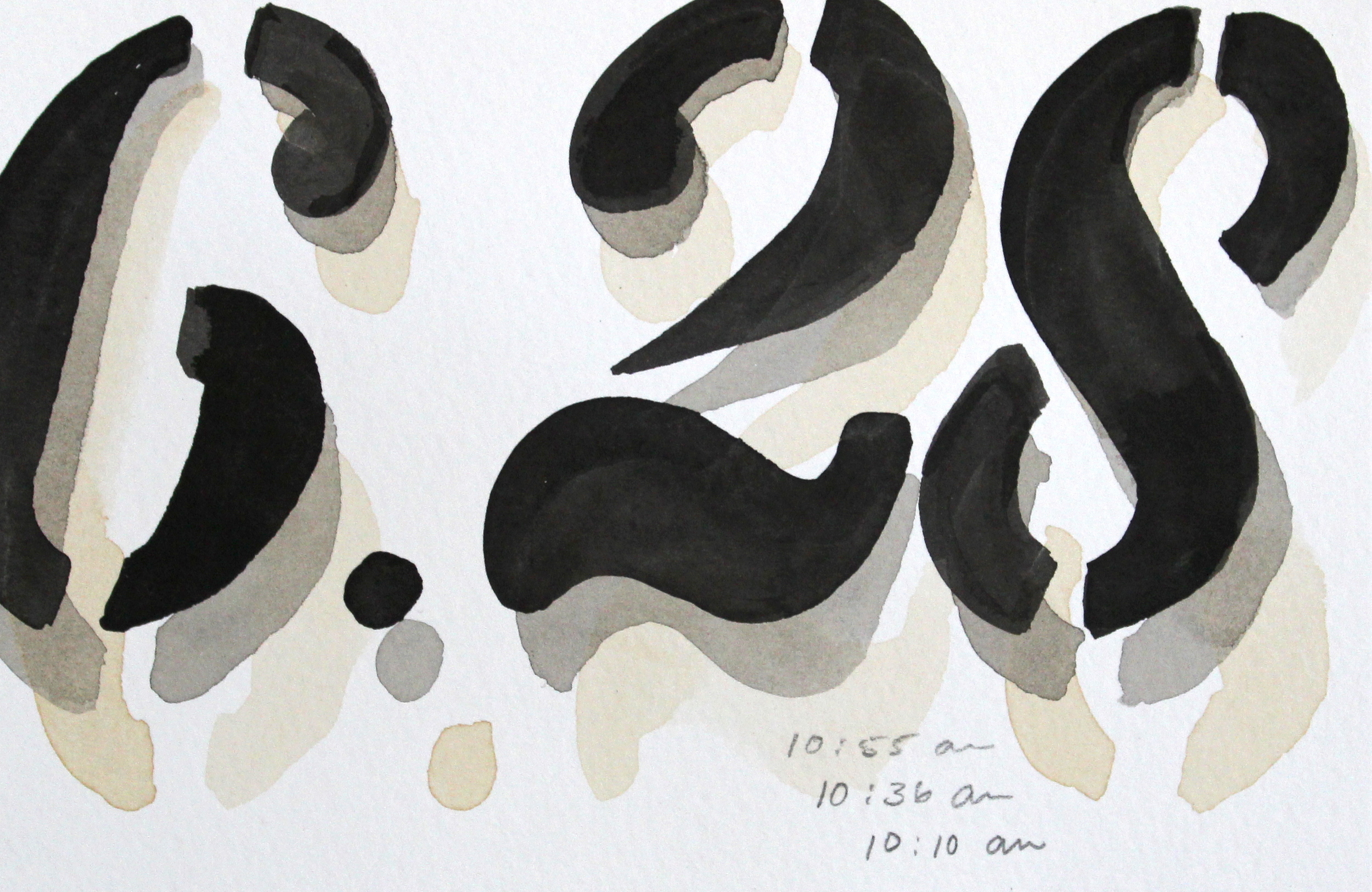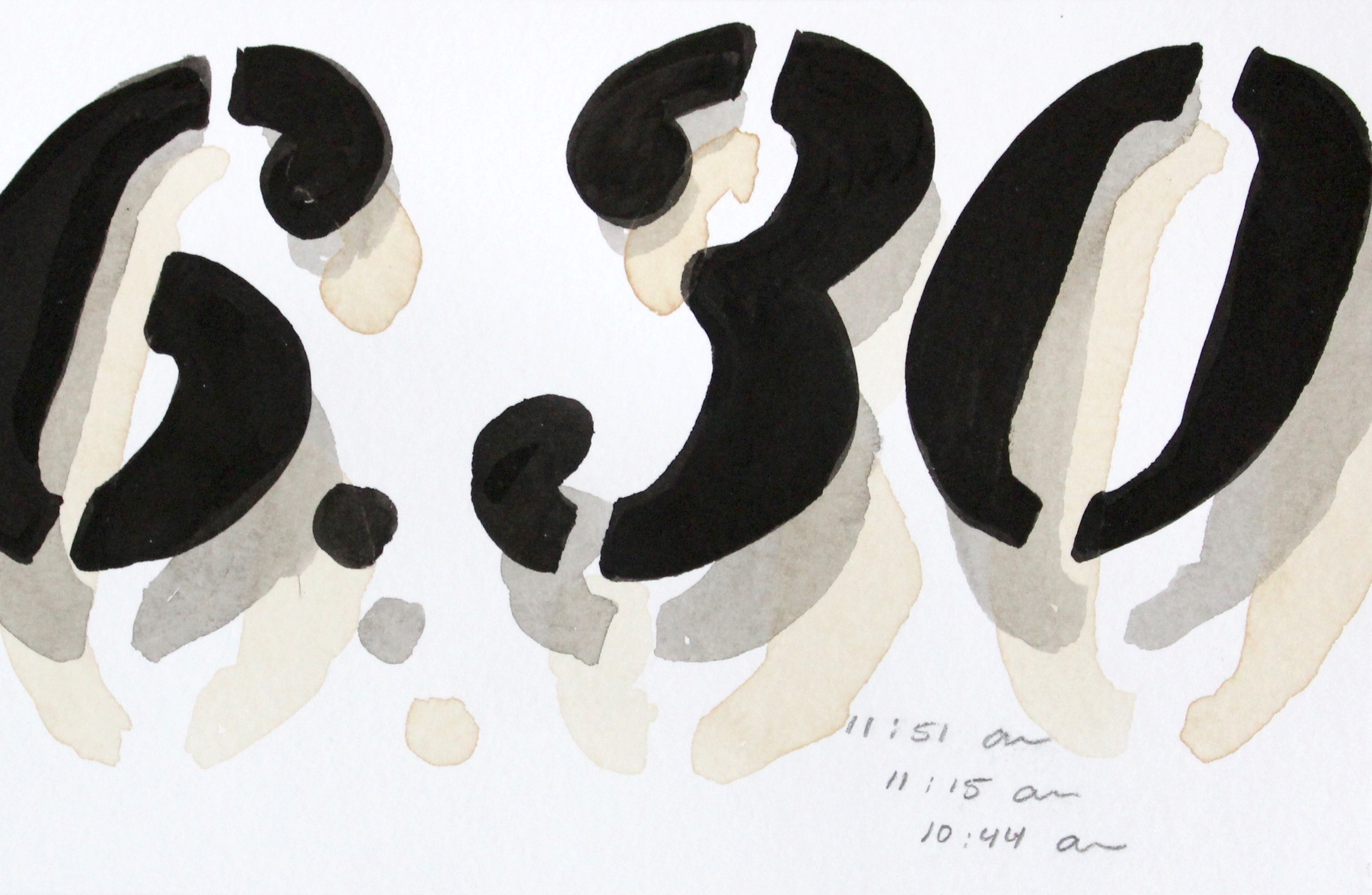It is August, I am 63 years old and I can feel the season beginning to change. The dryness is more profound, but everything is beautiful. The wind rings through the playground. Small blackbirds call a chuck-chuck in the chokecherries. There are cranes in the field that has been cut, bailed, and is growing again. Sandhill crane pairs stay together, sometimes wandering apart for a time, but nearly always in proximity to each other. John and I are the same. Not everyone understands, but it is all we’ve known since we were eighteen years old and we have never desired anything else. I know a few women who have lost their longtime partners. I’ve watched them finding a new way… surviving. But I cannot fathom it. I guess it is the cost of having such a partner. I wonder what the cranes do when one of the pair dies.
Two Dot: turbulance
August arrived with wind, air rushing past and through and around. It has unsettled the dreams of the household and inspired unexpected projects: gutting the old kitchen, flying flags in 40 mph gusts, hanging upside down on the jungle gym in fancy dress, and befriending stray cats. I have seen birds lose traction and fly backwards and I have wondered if I was doing the same, but I don’t think this turbulence is directional.
Two Dot: american history
I read Stegner all day yesterday… his elementary history of American in the essay The Twilight of Self Reliance. It is suited for me as I don't think I never got a good American History education, or perhaps I was just not paying attention. I do remember being assigned to read a thin book on the civil war in 7th grade when my Mom took me out of school for a six-week European tour. Reading was not easy for me, but more than that I struggled to find relevance. I have a lasting impression of standing in a room in a medieval castle. The dark wood beams and heavy stonework overwhelmed me with their longevity. There was history written on the ceiling in accumulated smoke, and in stains from the upstairs privy running down the exterior wall. This was centuries old, unlike the civil war…
Was it the uninspired writing or my difficulty with reading the tiny volume, that made American history pale in comparison to castles in Europe? Or, more likely, was it the power of a first encounter with the magnitude of physical history? What was a century or two documented in a book compared to hundreds and hundreds of years scribed into a building? Mercifully for me, a young person who already could read spaces better than words, the castle was not littered with explanatory wall text or auditory guides shouting from headphones. I was reading the real signs written in stones and beams and the air they held. It is true that I had not yet caught the bug of my own history, the story of Western expansion that my family took part in. That was another 40 or 50 years in coming and also inspired by place, living here in Two Dot surrounded by the terrain of my grandparent’s early marraige.
Two Dot: watching
There is a little yellow tractor watering the lawn. It was given to John in a broken non-functional state. He has always loved these sprinklers and I found him in the shop yesterday with it completely take apart. By evening it was running its course around the yard. This morning I sat on the stoop with my coffee, mesmerized by its slow progress moving along the hose from one end of the yard to the other. There is no denying that It is cute and the water makes a beautifully rhythmic sound, but I think it is its mechanical magic that kept me from being able to go back inside to work.
Two cranes flew past the studio window this morning and since then I’ve been out on the porch watching two pairs eat their way across the field hoping one will take flight again for a photo. I have no need for the photo, It will not be posted to FB or Instagram. So just what do I collect these Montana moments for? So far I have no time in my life to look through them. Is it the mere act of the shutter that changes the event? Without understanding, I’ve been happily waiting for more than an hour and I continue to wait with my camera next to me… already focused.
Two Dot: property
Cloud-cover changes constantly here. I walked around the schoolhouse just a half an hour ago to check the dome of sky. There was a dark cap overhead with a blue rim at the horizon line, but that has all changed now. It is not just the clouds that interest me, but how the clouds reveal and conceal the intensity of blue in a sky that occupies more of my vision than the earth below. I have been looking at Thomas Moran’s paintings. Clouds are always dramatic in his paintings, but the sky never supersedes the land. He spoke of the sky as blue ether, but he didn’t really represent that. Were the sky and clouds just a way of dramatizing the scenery in his works? Was he so enamored with the novelties of land formations in the west? Or was he influenced by the nations lust for property?
Henry David Thoreau believed in the potential of the West. He declared he would walk East only by force, but West he would walk free. Blind optimism? Naiveté? Harmful ignorance? Racism? These are real questions, and yet is there some truth to his thinking?
If the heavens of America appear infinitely higher… I trust that these facts are symbolical of the height to which the philosophy and poetry, and religion of her inhabitants may one day soar…I trust that… our thoughts will be cleaner, fresher and more ethereal, as our sky – our understanding more comprehensive and broader. Thoreau – Walking
Wallace Stegner used the term “ competitive individualism” coined by Christopher Lasch, when looking at what he perceived to be a shift from the high purpose and hope of Thoreau to a culture of self-interest. I grew up on the ideals of Walden, reading the book in high-school and dreaming of a cabin in the woods. But I have become educated in the very narrow access to “freedom.” It is a rocky terrain between optimism and pessimism. The great blue sky of the west (to which I must walk east) inspires an expansiveness and openness that suggests optimism. The knowledge of what has been done to make way for me to own property in this place is disheartening and breeds pessimism. How can these things be reconciled?
Two Dot: survival
It must have been trying to get under the fence. There were bits of fur left behind. I reached down to see if I could identify what animal it came from, but what I picked up was a tail. Did it get caught? Was something chasing it? Was it running form a car? Now I have this bit of tail drying on my porch in an open jar. It is barely more than fur, but so much more. I can’t help thinking about the drive to survive and this animal’s willingness to leave a part of its self behind in order to do so.
Two Dot: alone
The artists will leave today and I will begin a period of time on my own. The transition will take a few hours, but I will find it. And then I will be alone with sun and wind, birds and deer, books and papers, pens and brushes.
Under a fully blue sky, I am without guests for the first time in a while. It has become still, and yet, even as I write this, a car drives past the schoolhouse. But alone is not necessarily about isolation and stillness is not necessarily about lack of movement. This aloneness, this stillness, this quiet finds me generating my own thoughts and making my own decisions. It is not profound. It is just a time that allows for punctuation; comas, dashes, colons, semi-colons, and ellipses all making way for another thought.
Two Dot: perspective
Richard is haying every night until midnight. I was up last night at midnight too, but I was settling down from an evening of food and drink and conversation with the artists. The neighbor was swathing by 5 this morning, the swather’s headlights leading the way across the field back and forth, back and forth. Five hours later, after I had gone for a walk, eaten breakfast and talked some more, I began my workday. The neighbor was still swathing. The crops are early and thin due to the drought. I was sad to see the golden-white stalks, however small, go so soon. I went to the top of the hill and took photos of the serpentine pattern of windrows and the topiary like definition to the irrigation ditch. It is all visual for me, but for the ranchers it is feed and ultimately dollars. Food or art?
Two Dot: water
Water had gushed from around the fire hydrant for 3 days and was filling the yard. Two of my neighbors had stopped by to let me know that once the phone and power companies signed off, they would have to dig to the problem. Two Dot has a community well and we are all part of the water user group. It is all of our responsibility to take care of problems.
An excavator was rented and I met 3 of my neighbors in the yard at 8 this morning. I took a shovel to lean on and they had their laugh. If John and been here I would have stayed in the studio, but he is in Seattle and I felt it was important to at least witness their hard volunteer work. Banter ran as free as the water from the leak…. mostly self-deprecating, but occasionally they tossed friendly jabs at each other and a few times at me. The excavator brought out bucket after bucket of soupy clay dirt until the hole was more than 6 feet deep.
One of the guy’s grandsons was there to help. He wore the wrong shoes, but willingly did what was asked of him. His grandfather patiently but insistently taught him how to tie a figure 8 slipknot to secure the hydrant while they continued to dig. When an older son of one of the other neighbors stopped by while on break from haying, his father explained in detail how the hydrant had sunk and stressed the T connection breaking the line. There seems to be a respect for these young men and an understanding that knowledge must be pass to the next generation. That was also manifest in the running joke of the day…” make this a 21 year fix because after 20 years we will all be too old to go down in the hole with a shovel.” I risked my own joke when the oldest of us was in the hole and working too hard. “ If you are going to have a heart attack in that hole, better make it stick because I don’t think we can pull you out.” He laughed. We finished around 3 and even though I was of little help I felt a little more apart of the community.
Two Dot: work hard & talk true
Two young artists are here to work. He is stories and energy. She is materials and magic. He uses power tools I don’t know the names of. She wants to smash together a blade of grass and a cloud. We’ve talked into the late hours telling stories one on top of the other, revealing our differences and similarities. She was raised in Senegal by missionary parents from Ohio. He was raised just outside of Dallas, his parents Texan evangelicals. Each of them has veered away, making only short trips back to the courses they were set on. She returned to Senegal in orange lipstick and was offered prayers for her soul. He returned to Texas with his girlfriend and was told they would make beautiful blue-eyed babies. Each of these artists refuses to have children, as if it were a code. They will not heed the charge to be “fruitful and multiply.” But of course, they are artists and can’t help creating with their hands.
The artists are working hard: one with florescent lights and wood, the other with berries and cloth. They’ve gone on no adventures and gotten to know little about this place, but they keep working. We have also talked endlessly: religion, art, family, food, and politics. It has been a week of eating, talking, working, eating, working, talking, drinking, eating, talking, sleeping and again.
Two Dot: here=there there=here
In evening light we flew above the Montana clouds. On our way to the airport we had watched an ephemera of light filtering through and around clouds allowing spotlights on sections of pasture made intensely clear by contrast to the surrounding shadows. It was hard not to hear Joni Mitchel. Every picture has its shadows and it has some source of light. As we flew from Two Dot to Seattle, in our seemingly bifurcated life, it was even more difficult to ignore the indivisibility she sang about. Threatened by all things, God of cruelty, Drawn to all things, God of delight. It only appears to be black and white.
After a week away, Two Dot is my here again. Cows are bawling near Big Elk Creek where someone is moving them with a 4-wheeler. The irrigation ditch across the fence, now in use again, brings the cranes close to the schoolhouse. An inch of rain has caused the grass to grow and I need to mow. There is a leak at the water line at the fireplug on our property. Repairs will involve a backhoe and lots of volunteer hours. Water or the lack of it always brings Two Dot together.
Two Dot: god and country
We went to the “wilderness” yesterday. Granted there were cows grazing, but the stream is allowed to choose its own course and the cottonwoods grow and fall of their own accord. There are fences but nothing else of domestication in sight. Is this a spiritual resource, as Wallace Stegner suggested? It is for me. It is not a complete wilderness, but it carries many of those qualities. When Stegner wrote of the necessity of such places, was he making an assumption that everyone wants spirituality or finds it in wildness? I want to believe he is right, that the need for wilderness is innate. I can’t imagine that it is not true, but there is much in human nature that I cannot imagine.
Wallace Stegner’s Wilderness Letter written in 1960 promotes the “Wilderness Idea,”…which he considered a resource in itself. Being an intangible and spiritual resource…” He mourned the losses of wilderness that, as he saw it, have led to “a lost chance to see ourselves single, separate, vertical, and individual in the world, part of the environment of trees and rocks and soil, brother to the other animals, part of the material world and competent to belong to it…” He feared we would find ourselves without chance for even momentary reflection and rest, claiming that we need to preserve wilderness “because it was the challenge against which our character as a people was formed. The reminder and reassurance that it is still there is good for our spiritual health, even if we never once in ten years set foot in it.”
Be fruitful, and multiply, and replenish the earth, and subdue it. (Genesis 1:28) Wallace Stegner names this the call to be a weed species. We have become a weed species and we have unleashed other weed species. In Stegner’s 1990 essay It All Began with Conservation, he also quoted Chief Luther Standing Bear of the Oglala Sioux. Only to the white man was nature a wilderness and only to him was the land infested with wild animals and savage people. To us it was tame. Earth was bountiful and we were surrounded with the blessings of the Great Mystery. But of course now the “weed species” are established and we have to think creatively. We have to continue to question our ethics. We have to invent without making Frankensteins.
Willow Creek: Aunt Dofe's Hall of Recent Memory
We found our way to Willow Creek and Aunt Dofe’s Hall of Recent Memory. Weeds grow from the sidewalk and the windows could use a wash, but it is a fine building. Peering through the smudged windows into the world of Dave Kirk, founder of Aunt Dofe’s was overwhelming. From the outside it seemed to be a stilled place; industry arrested. The neighbor, Chris had a key, and in the short walk from his house to the door of Aunt Dofe’s there was no question of how much Dave Kirk was loved and how much he is missed.
I am not sure I remember which door Chris unlocked or any particulars of the transition from being on the outside of Aunt Dofe’s Hall of Recent Memory peering in to being inside of Dave Kirk’s world. It may not have happened immediately on crossing the threshold, but at some point I was aware of Dave Kirk himself. I don’t really know what I think of ghosts or communion with the dead and what I think doesn’t really matter. Aunt Dofe’s Hall of Recent Memory is not dead. It became less still the longer I was there. What at first seemed a mausoleum… a memorial to someone much loved… gradually became a living place ready to continue.
Two Dot: summer turns
My fingers are rough and dry, like the lawn. We set sprinklers and I wring my hands with lotion. Despite the sunscreen, my face has turned brown. No need for make-up to add color to my usual winter pallor. The neighbor’s field is turning color too, a yellow haze over green. It is nearly July. Better get busy with all of summer before the field ripens to golden brown and I must get in my car to leave for another wet winter.
The days are already getting shorter, though it is not yet noticeable. My eyes are awash with summer green and in the distance a few black cows are grazing on that richness. Birds call from every direction and the sprinkler in the yard repeats summer…summer…summer. I know everything changes, but just now I am entrenched in the season. It is a time for the meeting of industry and relaxation.
My dreams have me elsewhere. They are misty dreams with no discernable location or plot, but I am always surprised when I wake up to be here. The sun still rises in the far north window, though June is ending and our hemisphere begins to turn away from the light. But there are still weeks of this summer paradise.
